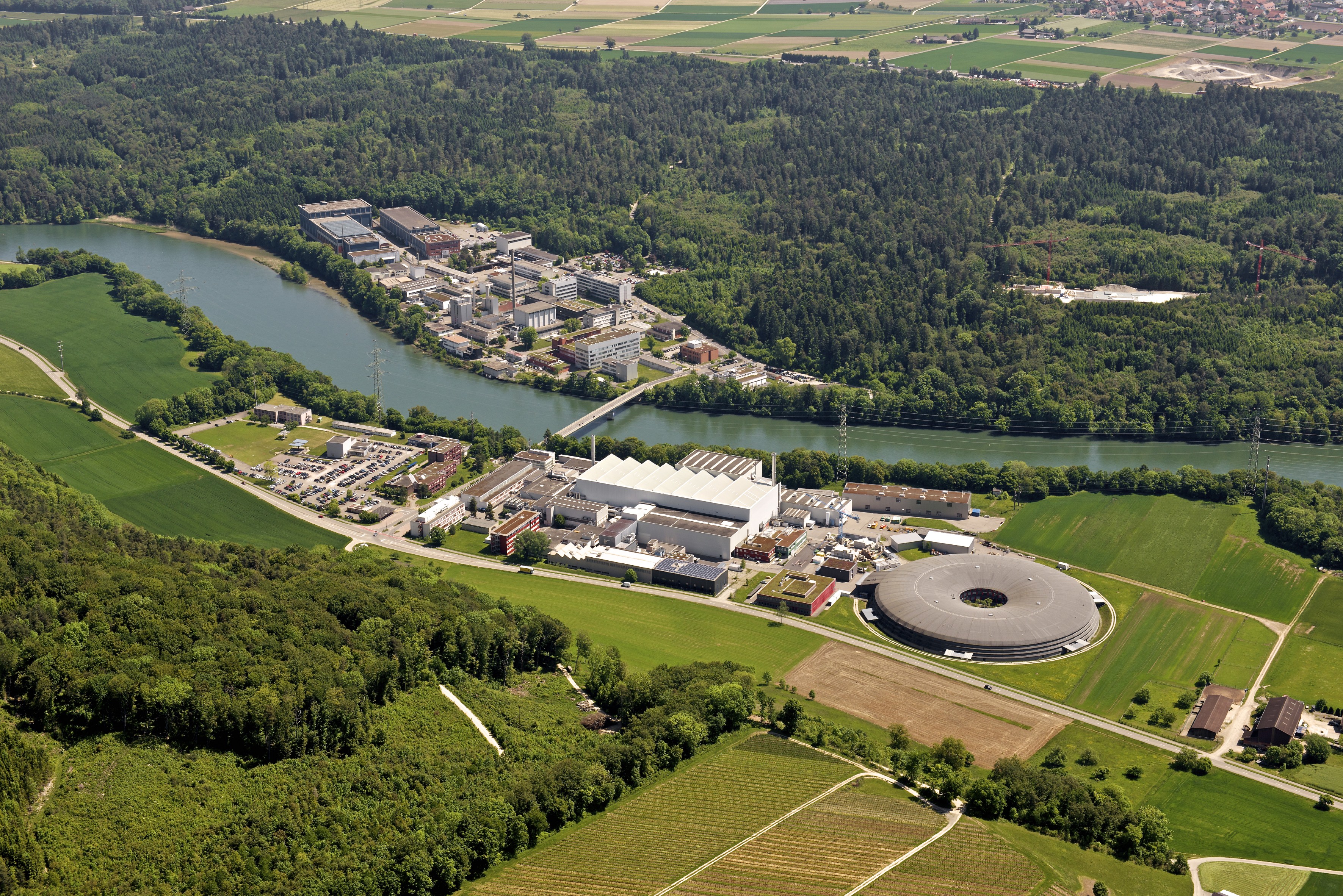
PSI Condensed Matter Retreat 2019
When:
Tuesday & Wednesday, October 29 & 30, 2019
Venue & Directions:
FHNW, Brugg
Deadlines:
Abstracts: September 15, 2019
Registration: September 15, 2019
Aim:
Exchange ideas and foster networking between young and senior condensed matter scientists at PSI, in particular between those using neutrons/muons/photons. That is, mainly – but not exclusively – from LNS, LMU, LDM, LMX, LSM, LSC, LMN, LAP, LNO and ENE.
We are happy to announce that the ENE group will join the CMR 2019. Here is a short introduction to the ENE group:
Materials "in action"
New in-situ/operando material analysis techniques have opened a new frontier for probing the various physicochemical changes materials undergo while under operation. Many scientific and technical efforts have recently expanded this field allowing synchrotron-based spectroscopies to be performed in more realistic environmental conditions (high pressure instead of vacuum, liquid instead of gaseous environment, under applied bias). This contribution to the PSI Condensed Matter Retreat 2019 covers a variety of these techniques which have been developed here at PSI. We believe that such experimental approach may be of interest for many other fields in Materials Science.
Participants:
PhD students, postdocs and staff scientists
This year we give an emphasis to the emerging materials for a smart society. However, all research areas on condensed matter will be represented. Consequently, all young PSI scientists are strongly encouraged to submit a contribution.
Main topics that will be covered are:
- Driven systems & pump-probe experiments
- Topological insulators and topological phases
- Quantum magnetism & frustrated magnetism
- Superconductivity (unconventional; interplay with other orders;…)
- Quantum criticality
- Strong spin-orbit coupling in correlated electron systems
- Ferroics & multiferroics
- Blue sky (new ideas, visions, new projects; other topics
Format:
Regular talks and posters should primarily be presented by PhD students, postdocs and junior staff scientists. Aim for a clear presentation of the project which is accessible to a large spectrum of condensed matter physicists. In particular, a short, pedagogic introduction to the specific topic is requested for every presentation.
Regular talks (15+5 min.):
Posters:
Of course, the posters may also be new ...
Flash talks (<4 min.):
Plenary talk (60 min.):
Few overview/summary talks:
